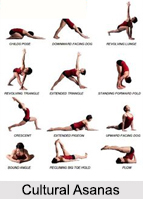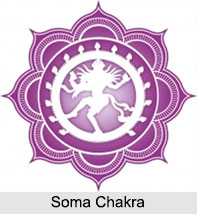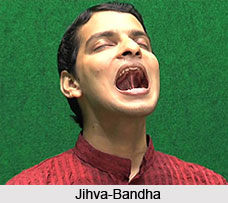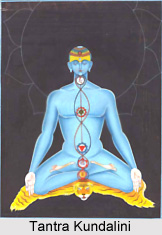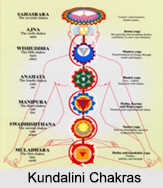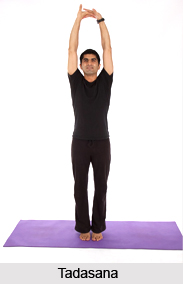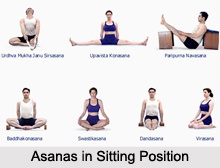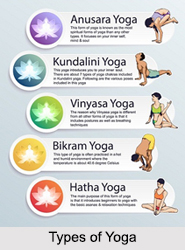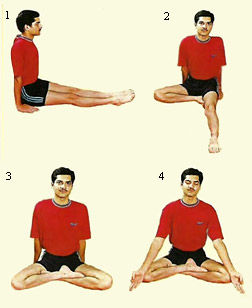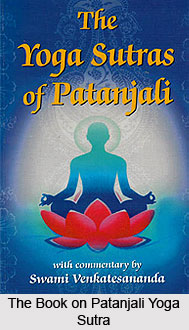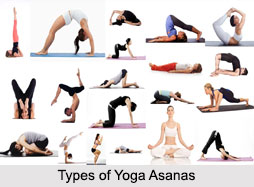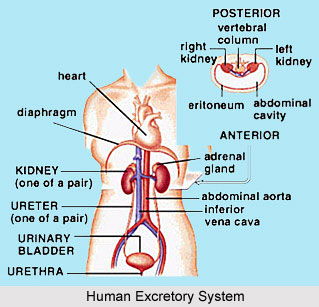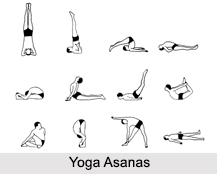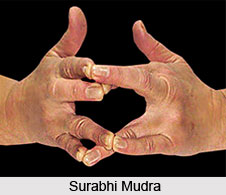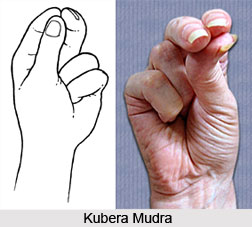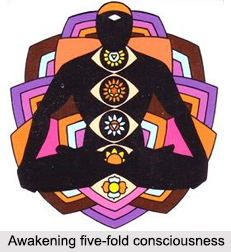 Carrying a significant meaning the pramana viparyaya vikalpa nidra smrtayah is the sixth yoga sutra. The five-fold consciousness are induced by correct knowledge, illusion, delusion, sleep and memory-this is the very essence of this sutra.
Carrying a significant meaning the pramana viparyaya vikalpa nidra smrtayah is the sixth yoga sutra. The five-fold consciousness are induced by correct knowledge, illusion, delusion, sleep and memory-this is the very essence of this sutra.
pramana valid knowledge, experienced knowledge, correct knowledge which is studied and verified, proof, or evidence
viparyaya inverted, perverse, contrary
vikalpa doubt, indecision, hesitation, fancy, imagination, or day-dreaming
nidra sleep, a state of emptiness
smrtayah memory
They are induced by correct knowledge, illusion, delusion, sleep and memory.
These five-fold fluctuations or modifications of consciousness are based on real perception, or correct knowledge based on fact and substantiation; unreal or perverse perception, or illusion; fanciful or unreal knowledge; knowledge based on sleep, and memory.
Consciousness has five qualitative types of intelligence - mudha (silly, stupid, or ignorant), ksipta (neglected or distracted), viksipta (agitated or scattered), ekagra (one-pointed or closely attentive) and niruddha (reserved or controlled). Since conscious intelligence is of five kinds, fluctuations are also classed into five kinds - correct knowledge, perverse perception, imagination, knowledge based on sleep, and memory. These five conscious states of intelligence and five classes of fluctuations may agitate the sadhaka, or help him to build up maturity of intelligence and attain liberation.
Wrong perceptions (viparyaya) are gathered by the senses of perception and regulate the mind to accept what is felt by them (like in the story of the six blind men and the elephant). Fanciful knowledge (vikalpa) causes the mind to live in an imaginary state without contemplation of the facts. Memory (smrti) helps one to recall experiences for right understanding. Sleep (nidra) has its own oddity. Like a jar - when empty is filled with air, similarly, consciousness is empty during sleep. It exists in space, without a place, and is filled with dormancy. In sleep, one has a glimpse of a quiet state of mind, manolaya. This dormant state of mind is felt only on awakening. Just as a flower when at rest is within its bud, similarly the consciousness rests in its bud - the conscience. Correct knowledge (pramana) is direct knowledge from the core of the being. It is intuitive, thus pure, and outside the field of intellect. Direct knowledge leads man past the conscious state. This state of consciousness is called amanaskatva.

